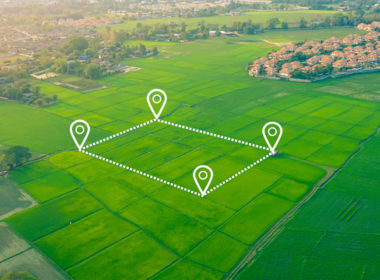By Andrew Beatty and Paul Day -
Snapshot
- Much of the major infrastructure development in the bush will traverse established agricultural land, causing stress and interruption to farming families and businesses.
- The Land Acquisition (Just Terms Compensation) Act 1991 codifies much of the common law surrounding the power to resume land, the compensation payable for its loss and how the market value of the land is to be quantified.
- It is important for lawyers to have an in-depth understanding of the legislation, the types of fees that are compensable and how the courts have been construing the legislation.
- The courts appear to be adopting a narrower construction of the Act, in particular with respect to the identity of the claimants and availability of certain heads of compensation.
There is a new wave of major infrastructure spending in the bush with projects like the Inland Rail, new high voltage power lines, renewable energy hubs, and new and widened highways. Much of this development will traverse established and productive agricultural land causing significant stress to farming families and interruptions to farming businesses.
This article provides some general guidance to practitioners advising affected landowners with particular emphasis on three areas of special relevance in rural resumptions:
- Who is entitled to compensation?
- What experts may be required in the assessment of compensation and when are their fees recoverable?
- How do the concepts of ‘injurious affection’ and ‘severance’ apply to partial acquisitions?
Project and acquisition types
There are currently two main types of projects likely to affect rural lands in NSW:
- transport (chiefly road and rail); and
- energy (principally power lines).




